
views
X
Research source
Checking the Status of Your Money Order

Call customer service to see if your money order has been cashed. Most money orders come with a tracking number that allows you to check when it gets cashed. Call the customer service number for the company that issued the money order to find out its location and status. You will be asked to provide the tracking number, either directly to a customer service agent or through an automated system. If your money order has already been cashed, you will not be able to cancel it or get a refund. If there is no tracking number provided, the serial number from the money order is another way to trace it.

Track the money order online. Depending on the issuer of the money order, you may also be able to track the money order on the company’s website by entering the tracking number. The website should indicate if or when the money order was signed for. For security reasons, not all money order providers offer this option.

Contact the payee for an update. If possible, go the direct route and contact the person you sent the money order to for an update on its status. If the money order has not been marked as received or cashed, there may be a simple explanation for the delay. If the payee has misplaced or damaged the money order and can't cash it, let them know that you will cancel it and have a new one sent. Contacting the payee directly is the best way to find out if they might be out of town or otherwise unable to cash in the money order.
Making a Cancellation Request
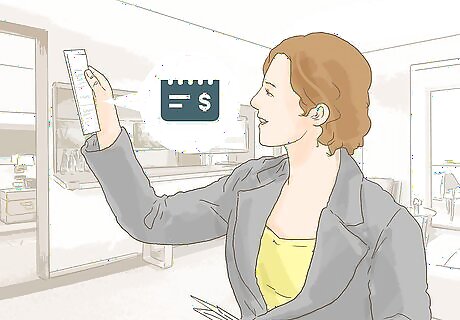
Find your receipt. Track down the original receipt from your purchase of the money order to present to the issuer when you cancel it. This receipt is your most reliable proof of payment and contains important information about your money order, including the tracking number and the date that you bought it. While rules vary between the different institutions that issue money orders, some will refuse to provide a refund if you can’t produce the receipt. The cancellation process if often faster if you provide a receipt than if you don’t.

Visit the institution that sold you the money order. To cancel a money order, it is best to show up in person to the institution where you purchased it. Bring the original receipt and at least one valid form of identification, such as your driver's licence. If you can’t go to the same location where you bought the money order, visit another branch of the same institution. If for some reason you can’t present yourself in person to the institution, contact them by phone or email and ask for directions about how to proceed.

Complete a request form. To start the cancellation process, you will have to fill out a request form provided by the issuer of the money order. You will be asked to give information such as the amount of the money order, the date it was purchased, the person it was made out to, and the tracking number assigned to it. All of this information should be located on the original receipt. You will likely be asked to submit a copy of the receipt along with the request form. Depending on the issuer, request forms may be available online. You may also be able to submit you claim via fax, mail, or email.
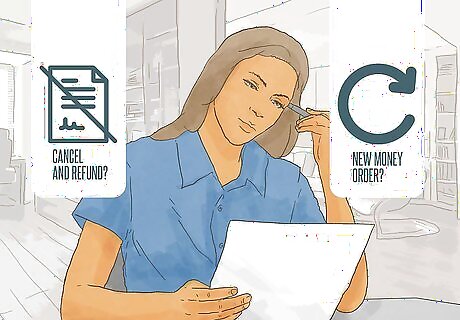
Choose whether you want a refund or a new money order. While filling out your cancellation request form, you will usually have the option of getting a refund or a new money order. If you no longer wish to send the money order, select the refund option to get your funds back. If you still want to send your payee a money order after cancelling the current one, choose the other option. It is best to get a new money order if you are correcting a mistake on the original money order or if the original was lost or stolen.
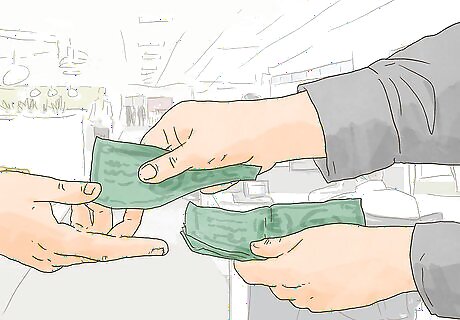
Pay a cancellation fee. You will be asked to pay a cancellation fee to the institution that issued the money order. Pay the fee as soon as possible, as most institutions require payment before they will review your request. The amount charged differs between institutions. For instance, the U.S. postal service will charge $5.95 to cancel a money order while Western Union will charge $15.00 (with a receipt) or $30.00 (without a receipt).
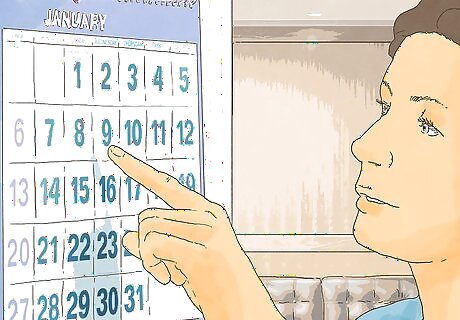
Expect to wait up to eight weeks for a refund or new money order. Once you submit your cancellation request, prepare to wait for several weeks before receiving a refund or having a new money order issued. If you provided your receipt with the request, the whole process may take up to 30 days. If you were allowed to complete a cancellation request without your original receipt, it may take up to eight weeks in total.
Dealing With Fraud and Theft
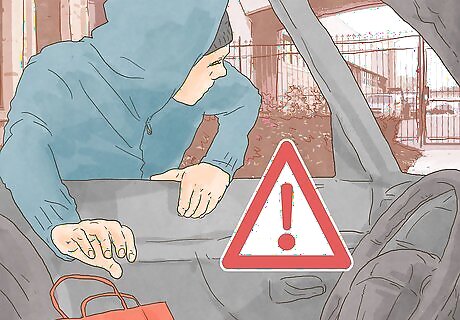
Contact the issuer of the money order if you suspect that it was stolen or altered. Get in touch with the institution you purchased your money order from as soon as possible to confirm whether or not it was cashed in. The issuer can provide details about when and where that happened. Note that once somebody cashes your money order, the odds of getting your money back from the issuer are slim to none.

Request a copy of the signed money order. If your money order was altered and cashed by someone other than its intended payee, ask for a copy of the signed document. Any person who receives a money order must show identification and sign something (e.g. the back of the money order or a receipt for the transaction) in order to receive the payment. This evidence may prove useful in locating the person who intercepted your money order.

Contact your local police department to look into the fraud. Your best chance of getting your money back after theft and fraud is to work with law enforcement. Contact your local police department and provide all the information you have about how and where the money order was cashed. The police may be able to use their resources to isolate the perpetrator, especially if this theft fits into a larger string of crimes.




















Comments
0 comment